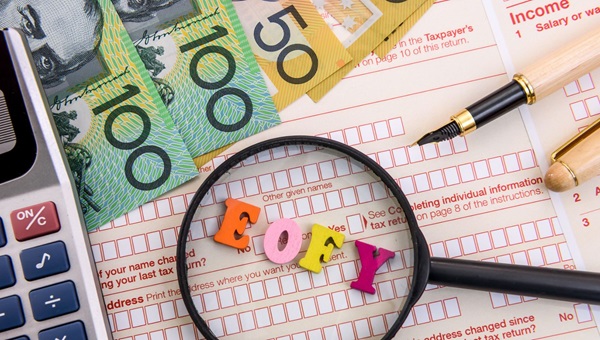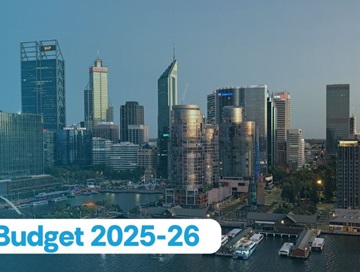Tax time is fast approaching, and with the End of Financial Year (EOFY) sales in full swing, it’s easy to get distracted in the lead-up to 30 June.
With a range of rules around what qualifies as a legitimate deduction, knowing where the ATO draws the line can help you maximise your return and avoid common mistakes.
In this three-part series, we’ll look at the tax deductions that can save you money, how to keep your records in order, and how to protect yourself from scammers during tax season.
What can I claim?
There are a range of expenses that property investors can claim during the period in which a property is rented out. These include:
- Local government charges (council rates and land tax)
- Electricity and gas and water charges
- Cleaning, gardening, lawn mowing and pest control
- Insurance – building, contents, public liability
- Borrowing expenses, including loan establishment fees; lenders mortgage insurance; mortgage stamp duty (not property transfer stamp duty); mortgage broker fees; valuation fees for loan approval; and other lender charges relating to your property finance
- Interest expenses for rental property loans
- Lease costs – preparation and registration
- Advertising costs for marketing your property to prospective tenants
- Body corporate fees associated with the management of communal property areas
- Property agent fees including legal services related to property management
- Quantity surveyor’s fees
- Secretarial and bookkeeping fees
- Security patrol fees
- Repairs and maintenance (excluding initial repairs and capital works)
What can’t I claim?
As an investor, it’s equally important to understand the expenses that you cannot claim. These include:
- Costs associated with acquiring and disposing of your rental property (for example, the purchase cost of the property, real estate agent’s fee on sale, surveyor’s building reports, conveyancing costs, property advertising expenses and stamp duty on the transfer of the property).
- Expenses not incurred by you, such as water or electricity charges paid by tenants
- Expenses incurred when the property was not tenanted (for example, during your own personal use of a holiday home that you own and rent out for part of the year).
- Travel and car expenses incurred after 1 July 2017.
For full details, see the ATO’s 2025 Tax time toolkit for investors.
Quick links
The ATO publishes a range of resources to guide you through tax time. For more information on lodging your tax as a property investor, visit ato.gov.au or browse these quick links:
REIWA provides this information as a guide only. For more detailed information on preparing your tax return, visit ato.gov.au/realestate or consult a tax advisor.










